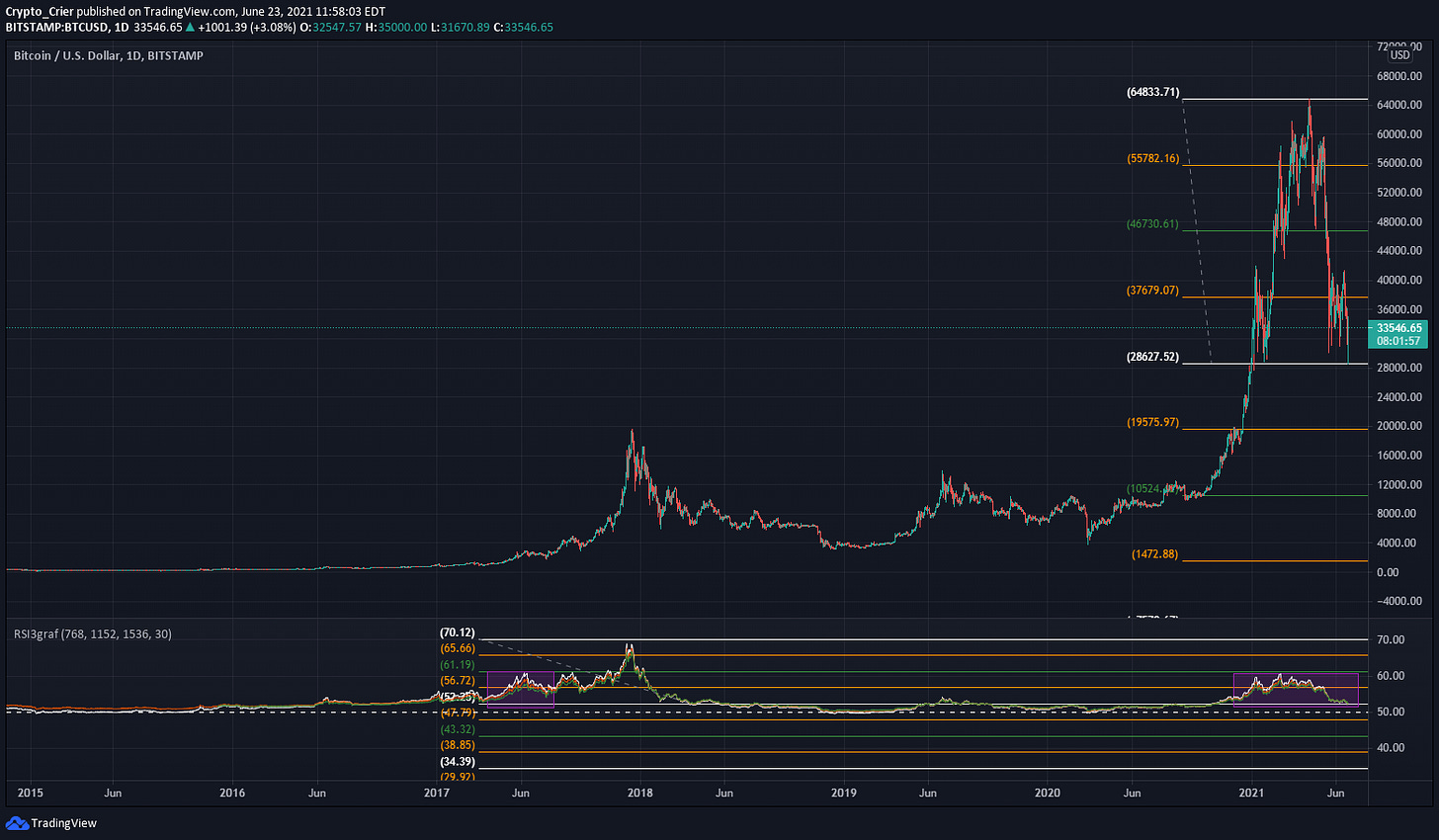Money Legos at Work
So what is a money lego?
When you were a kid, we all played with legos.
The imagination allows for building gravity-defying towers and landscapes with your friends.
A similar idea is happening with Ethereum.
The collection of Defi applications is expanding rapidly every day. All of these open-source protocols can interact with one another, creating a stack of applications. Like legos, each piece has a place to fit and can be used to build something else.
One of the most used money legos is Maker DAO’s CDP market. CDP stands for collateralized debt position and allows people to appropriate their collateral to take a loan against itself. The CDP creates a demand for the issued value, which is pegged to 1 dollar. The system will enable you to take a max of 1/3rd of your value to use.
Compound finance is one of these blockchain systems utilizing money legos. Instead of building a completely new contract and token using a dollar peg, Compound integrated the CDP system of DAI as its base “lego.” This allowed them to create a new lending algorithm that expanded what Maker had already accomplished. Each of these protocols benefits from this advancement, as Compound now attracts investors wanting to use their contract and grows DAI’s usage as an ecosystem.
Another platform I have been exploring is called Alchemix finance. This platform uses four different legos to reach its desired product. By taking the maker CDP and using Yearn Vaults, Curve vaults, and Sushiswap liquidity, Alchemix allows for borrowing collateral that repays itself over time. This collection of protocols allows someone to lock up value for a given time but immediately access future gains.
Imagine you are at a bank. You can deposit money into your savings account and receive 4-15% (today is 7%) interest variably. The bank also issues you a credit card associated with the savings account with a credit limit of 50% of your money. You don’t have to make payments on anything you buy with this credit card, but your savings account automatically pays for your credit purchases with the interest you earned. Of course, you can’t use the money until you pay off your debt, but it’s an improvement compared to traditional saving accounts.
Another benefit of stackable software is longevity. For example, if one of the legos you are using is no longer the most profitable compounding algorithm, you can exchange them for one another. This building block exchange can incentivize competing protocols to be more efficient and upgrade to stay relevant. The Defi space is built on shifting sand, and the ability to guarantee TVL in a protocol insulates you from competition stealing your users and liquidity.
The possibilities of these protocols lend themselves to rapid growth and evolution. It's discoveries like these that can only exist in the realm of programmable money, and I am excited for the building of innovative lego constructions in the future.
Currently, the markets are in a tailspin, and possible relief is in view. Open interest on CME ETH and BTC expire on June 25th. This interest could reduce the uncertainty in the markets. 1D RSI shows a similar pattern to June 2017, and extended consolidation is probable.
What kind of news do we have this week?
Goldman Sachs Taps JPMorgan’s Private Blockchain for Repo Trade: Report 🙄
Goldman Sachs has conducted its first repo trade using JPMorgan’s private blockchain network.
According to a report by Bloomberg on Tuesday, the initial trade was conducted by Goldman on June 17 and came in the form of a tokenized version of a U.S. Treasury bond swapped for JPM coin.
The transaction took three hours and five minutes to complete.
JPM coin is the investment bank’s stablecoin pegged 1:1 to the U.S. dollar. Read More
El Salvador's U.S. Bitcoin Partner Lacks Key Licenses
The President of El Salvador, Nayib Bukele, caused a stir this month when he declared his country would become the first in the world to accept Bitcoin as legal tender. To carry out this plan, the country will rely on partners like Chicago-based Zap Solutions Inc., whose digital wallet Strike is already being used by Salvadorans in a coastal town the crypto community has dubbed Bitcoin Beach.
Strike has the technology to help El Salvador embrace Bitcoin, but one thing it appears not to have are certain licenses to operate as a money transmitter.
An investigation by Decrypt discovered that Zap lacks licenses to operate in most US states. Experts suggest this means many cash and crypto transfers to El Salvador using Strike are potentially illegal—a situation that could further cloud the Central American country's already controversial Bitcoin plans.
Strike CEO Jack Mallers and others at the company did not respond to repeated requests for comment.
Yield Raises $10M to Expand Fixed Rate DeFi Lending on Ethereum
The world of decentralized finance or DeFi—a Lego-like stack of services that let people trade and lend without intermediaries—is expanding rapidly, and coming to include more and more elements from the traditional sphere of finance.
One recent example is Yield, a startup that launched in early 2020, and on Wednesday announced a $10 million funding round led by blue-chip crypto investment firm Paradigm. Read more.
That’s all for the free weekly Crypto Crier. If you enjoyed this article, please like and share. If you have any questions, please leave a comment, and I can answer your questions further. As with all of my writing, this is not financial advice and is my opinion. I cannot stress enough how important it is to do your research on all financial endeavors. I hope that these newsletters can help investors realize the current financial systems’ downfalls and usher in a more equitable system without middlemen.
Let’s build something together.
Tell your friends and family. This newsletter is targeting entry-level education for possible crypto investors. With more people understanding digital assets, we can finally progress to better. 🗣️
If you enjoyed this article, please consider subscribing to my paid newsletter, which includes daily analysis of my top picks and setups for entry/exit positions—all of these extras for the price of taking me to lunch.








